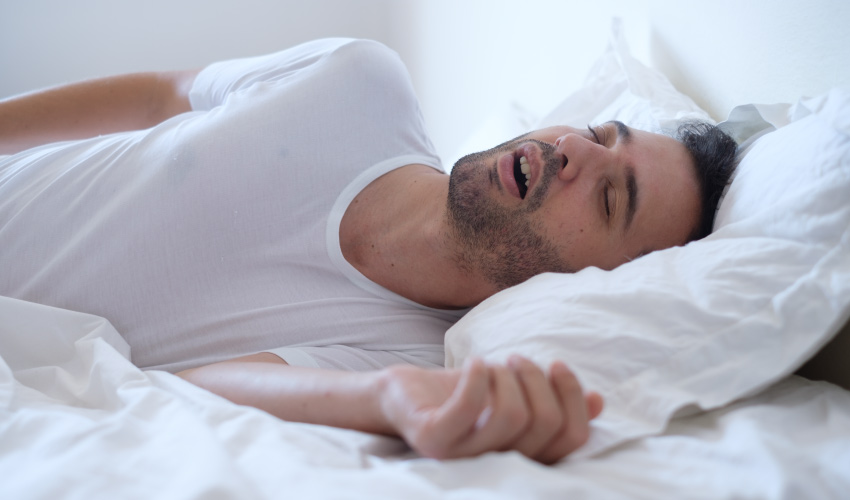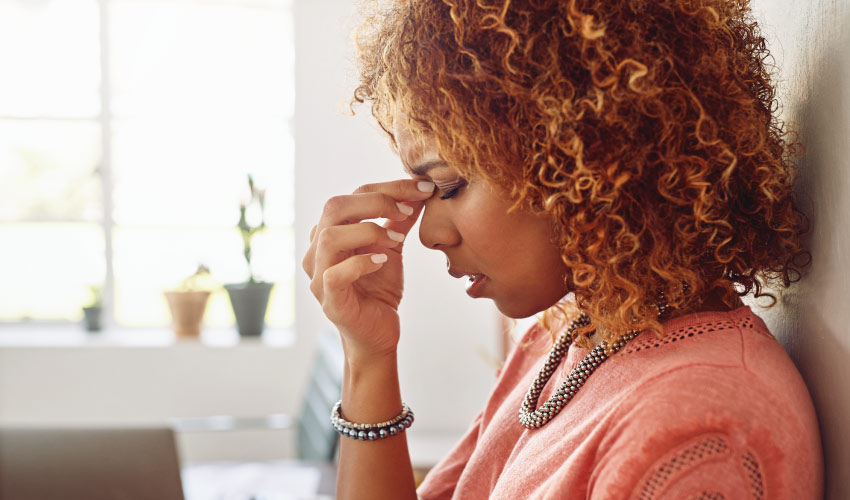
Consistent snoring, fatigue, or waking with headaches may be signs of a common yet serious sleep disorder—sleep apnea. Affecting millions worldwide, this condition can significantly impact both health and quality of life. Fortunately, dental professionals can play a vital role in diagnosing and managing it.
Quick Summary
- Sleep apnea causes airway obstruction during sleep.
- Common symptoms include loud snoring, fatigue, and morning headaches.
- Dentists can provide custom oral appliances to improve airflow.
- Early treatment supports better sleep and long-term health.
What Is Sleep Apnea?
Obstructive sleep apnea occurs when throat muscles collapse during sleep, blocking airflow and reducing oxygen levels. This interruption can lead to frequent awakenings and increase the risk of high blood pressure, heart disease, and stroke if left untreated.
Recognizing the Symptoms
Typical signs include loud snoring, waking with a dry throat, gasping for air at night, persistent tiredness, poor concentration, and irritability. Although not all snorers have sleep apnea, these symptoms should be professionally assessed.

Treatment Options
Treatment varies by severity and individual needs. Lifestyle adjustments such as weight loss or quitting smoking can help some patients. Others may benefit from a CPAP (Continuous Positive Airway Pressure) machine, which delivers a steady airflow to prevent airway collapse. At True Dental, we offer custom-made oral appliances designed to keep your airway open comfortably while you sleep—a discreet, convenient alternative to CPAP therapy.
Book a Consultation
If you suspect you have sleep apnea, seek professional advice promptly. Schedule a consultation with True Dental to determine whether an oral appliance could help you breathe and rest better.
Addressing sleep apnea not only improves sleep quality but also safeguards long-term health. A dentist specializing in oral appliance therapy can offer an effective, non-invasive solution to restore restful, uninterrupted sleep.
Frequently Asked Questions
What causes sleep apnea?
It is usually caused by the relaxation of throat muscles during sleep, which blocks airflow.
How is sleep apnea diagnosed?
Diagnosis typically involves a sleep study conducted by a specialist.
Can dentists really treat sleep apnea?
Yes. Specially trained dentists can design oral appliances to keep the airway open.
Is an oral appliance comfortable to wear?
Yes. It is lightweight, discreet, and far more comfortable than many CPAP devices.
Will an oral appliance stop snoring?
In many cases, yes—it can significantly reduce or eliminate snoring.
Do I still need a CPAP machine?
Some patients may use both, but many find oral appliances sufficient on their own.
Is untreated sleep apnea dangerous?
Yes. It can increase risks of heart problems, stroke, and chronic fatigue.
How soon will I notice results?
Most patients experience improved sleep and reduced symptoms within a few nights.
How do I book an assessment?
Contact our office to arrange a professional consultation and explore treatment options.
Contact Us